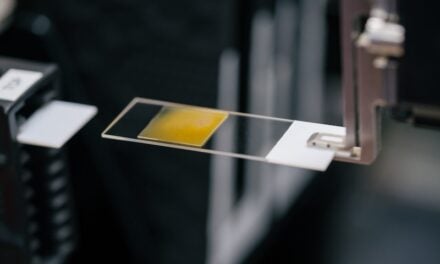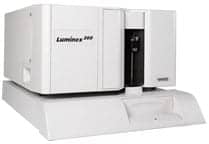Summary: Castle Biosciences has achieved a key milestone with its TissueCypher Barrett’s Esophagus test, delivering over 25,000 reports to support personalized risk assessment for Barrett’s Esophagus patients and guide clinical decisions aimed at preventing esophageal cancer.
Takeaways:
- TissueCypher is the first AI-powered test for Barrett’s Esophagus that assesses individual risk of progression to esophageal cancer, offering personalized five-year risk insights for each patient.
- Supported by 14 peer-reviewed studies, TissueCypher provides a more accurate predictor of progression than traditional pathology, potentially enabling tailored patient management strategies.
- The test, with ADLT status from CMS, helps clinicians reduce unnecessary procedures for low-risk patients and prompts timely intervention for those at high risk, ultimately aiming to lower esophageal cancer incidence.
Castle Biosciences, a company focused on improving health through tests that guide patient care, announced a significant milestone for the company’s TissueCypher Barrett’s Esophagus test, which surpassed 25,000 test reports delivered since the company acquired the test at the end of 2021.
“At Castle, improving patient care is central to our mission,” says Toby Juvenal, chief commercial officer at Castle Biosciences. “We are extremely proud to have achieved this important milestone for our TissueCypher test, as we believe it means more clinicians are recognizing the value of the personalized, risk-aligned insights this test can provide, empowering them to make more informed decisions for their Barrett’s patients — decisions that could ultimately prevent an esophageal cancer diagnosis down the road.”
Tackling Barrett’s Esophagus
BE is the only known precursor to esophageal adenocarcinoma, the most common type of esophageal cancer.(1) Esophageal cancer is one of the fastest-growing cancers in incidence in the United States with a five-year survival rate of just 22%.(2) TissueCypher is the first AI-driven precision medicine test designed to determine a patient’s individual risk of progression from BE to esophageal cancer. The test is currently supported by 14 peer-reviewed clinical validation and utility studies that encompass one of the largest sets of BE progressor patients ever assembled.(3)
In these studies, TissueCypher consistently outperforms pathology diagnosis and BE segment length as predictors of progression, providing physicians with an actionable risk score and a patient’s personalized five-year risk of progression. A low-risk test result can enable the extension of surveillance intervals or a reduction in unnecessary medical procedures for patients, while a high-risk result may prompt increased surveillance or intervention, like radiofrequency ablation, to help prevent a patient’s progression to esophageal cancer.
About the TissueCypher Test
The TissueCypher Barrett’s Esophagus test is Castle’s precision medicine test designed to predict future development of high-grade dysplasia (HGD) and/or esophageal cancer in patients with Barrett’s esophagus (BE).
The TissueCypher Barrett’s Esophagus test is indicated for use in patients with endoscopic biopsy confirmed BE that is graded non-dysplastic (NDBE), indefinite for dysplasia (IND) or low-grade dysplasia (LGD); its clinical performance has been supported by 14 peer-reviewed publications of BE progressor patients with leading clinical centers around the world. The test received Advanced Diagnostic Laboratory Test (ADLT) status from the Centers for Medicare & Medicaid Services (CMS) in March 2022.
References:
- Curtius K, Rubenstein JH, Chak A, Inadomi JM. Computational modelling suggests that Barrett’s oesophagus may be the precursor of all oesophageal adenocarcinomas. Gut. Published online November 24, 2020:gutjnl-2020-321598. doi:10.1136/gutjnl-2020-321598. https://pubmed.ncbi.nlm.nih.gov/33234525/; accessed 11/5/24
- Siegel RL, Giaquinto AN, Jemal A. Cancer statistics, 2024. CA Cancer J Clin. 2024;74(1):12-49. doi:10.3322/caac.21820. https://acsjournals.onlinelibrary.wiley.com/doi/10.3322/caac.21820; accessed 11/5/24
- TissueCypher published clinical validation and utility studies; https://castlebiosciences.com/Files/TC-006v3-052022%20Pub%20Clin%20Vali-Util%20Stds_INTERACTIVE%20%281%29.pdf; accessed 11/5/24





